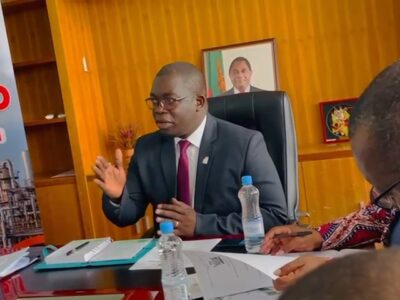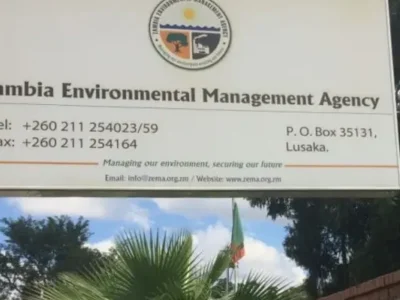African countries, including Zambia, should publicly avail binding legal procedures, the amount involved and contractual terms of the loans when incurring new borrowing, says the World Bank.
According to the bank in its October 2023 Africa’s pulse published on Monday, this information should be available to creditors and multilateral financial institutions, and publicly available through domestic platforms.
“When incurring new borrowing, governments should follow publicly disclosed, predictable, and binding legal procedures including the amount and contractual terms of the loans,” it stated.
The bank emphasised that debt transparency was the foundation to reform debt management.
It indicated that evidence showed that debt transparency contributed to higher credit ratings, lower borrowing costs, and foreign direct investment inflows.
Read more: World Bank hails Zambia’s readiness for green financing
“Countries in the region need to continue adopting comprehensive debt data disclosure requirements and borrowing procedures that are transparent and participatory. This will hold decision makers accountable,” according to the bank.
In 2023, according to the bank, more than half of the International Development Association (IDA) eligible countries in the region were at high risk of or already in debt distress.
It stated that four countries were participating in the Common Framework, with Chad reaching an agreement with its creditors (although without debt forgiveness).
Ghana had secured financial assurances from its Official Creditor Committee to participate in an IMF supported program and unlock external financing.
Zambia struck a deal to reschedule its debt with official creditors over more than 20 years with a three-year grace period where only interest payments are due.
Ghana and Zambia, however, announced this month that they had made advancements towards debt restructuring, with Zambia agreeing to sign a memorandum of understanding with its bilateral creditors.
The bank also stressed that comparability of treatment during restructuring processes was essential to facilitate the debtor’s efforts to reach agreement with all its creditors.
“Restructuring processes should consider coordinated and simultaneous negotiations across creditors given the changing landscape of creditors for Sub-Saharan African economies and the use of net present value reduction based on commodity discount rates as the measure of comparability of treatment,” it stated.
WARNING! All rights reserved. This material, and other digital content on this website, may not be reproduced, published, broadcast, rewritten or redistributed in whole or in part without prior express permission from ZAMBIA MONITOR.












Comments